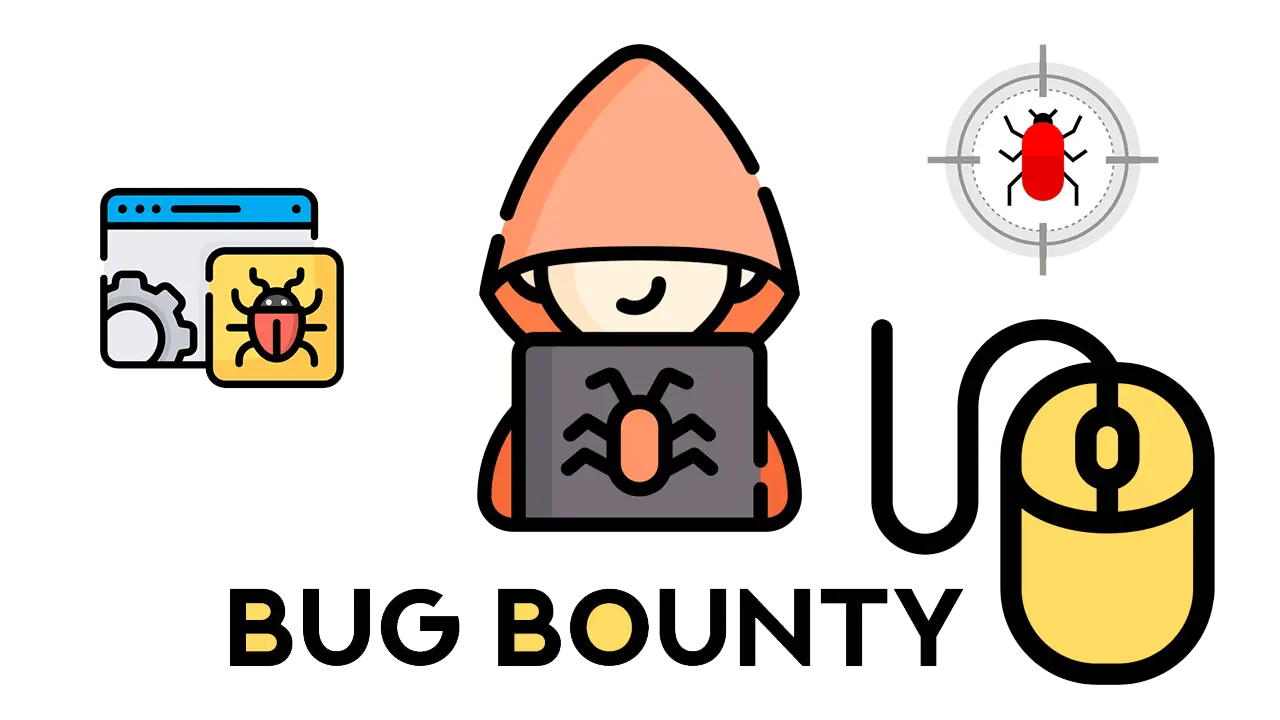
Mastering Cybersecurity: Web Application Penetration Testing Course In Rohtak
"Securing the Digital Frontier: Web Application Penetration Testing"
Welcome to our advanced Web Application Penetration Testing course in Rohtak, where you'll embark on a transformative journey into the world of cybersecurity. In today's interconnected digital landscape, web applications are prime targets for cyber attacks. This comprehensive course is designed to equip you with the skills and knowledge needed to identify and mitigate vulnerabilities within web applications effectively.
Course Overview:
Our course covers a wide range of topics, including:
- Understanding web application architecture and technologies
- Identifying common web application vulnerabilities such as SQL injection, cross-site scripting (XSS), and CSRF
- Hands-on experience with industry-standard penetration testing tools and techniques
- Reporting and documenting findings to facilitate remediation efforts
- Best practices for securing web applications against cyber threats
Why Choose Our Course:
Expert Instructors: Learn from seasoned cybersecurity professionals with extensive experience in web application penetration testing.
Practical Training: Gain hands-on experience through real-world simulations and practical exercises.
Industry-Recognized Certification: Earn a certification upon successful completion of the course, enhancing your credentials in the cybersecurity field.
Career Advancement: Equip yourself with the skills sought after by organizations worldwide and advance your career in cybersecurity.
Navigating Digital Defenses to Safeguard Web Assets
✅ Module 2: JavaScript Prototype Pollution
✅ Module 3: Advanced Server-Side Request Forgery (SSRF)
✅ Module 4: Web security tools and methodologies
✅ Module 5: Source code analysis
✅ Module 6: Persistent cross-site scripting
✅ Module 7: Session hijacking
✅ Module 8: .NET deserialization
✅ Module 9: Blind SQL injection
✅ Module 10: Data exfiltration
✅ Module 11: Bypassing file upload restrictions and file extension filters
✅ Module 12: PHP type juggling with loose comparisons
✅ Module 13: PostgreSQL Extension and User Defined Functions
✅ Module 14: Bypassing REGEX restrictions
✅ Module 15: Bypassing character restrictions
✅ Module 16: UDF reverse shells
✅ Module 17: PostgreSQL large objects
✅ Module 18: DOM-based cross site scripting (black box)
✅ Module 19: Server-side template injection
✅ Module 20: Weak random token generation
✅ Module 21: XML external entity injection
✅ Module 22: RCE via database functions
✅ Module 23: Magic hashes
✅ Module 24: OS command injection via WebSockets (black box)
Class Mode: Online And Offline
Don't miss this opportunity to become proficient in web application penetration testing and contribute to the security of digital assets. Enroll in our Web Application Penetration Testing course in Rohtak today! Limited seats available, so secure your spot now and take the first step towards a rewarding career in cybersecurity.



